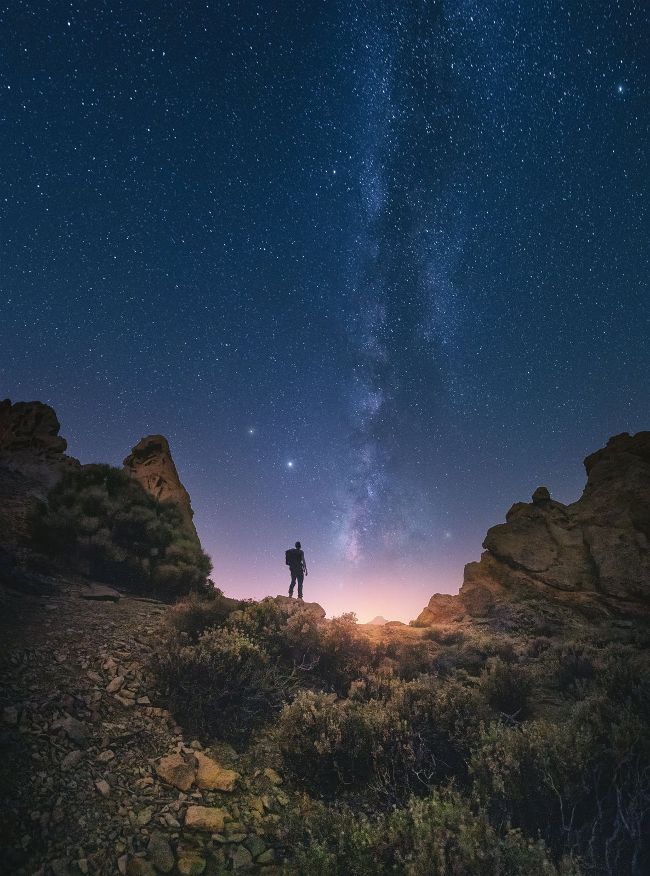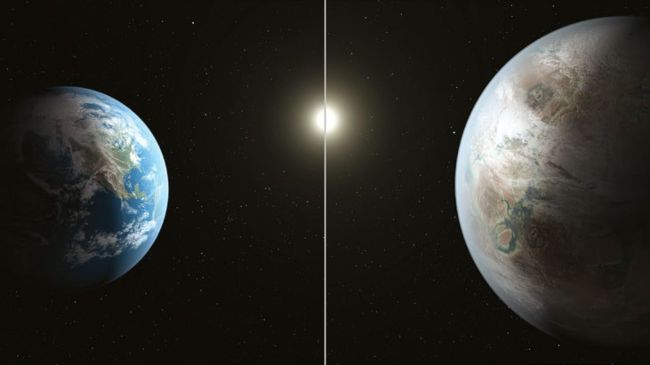ASTRONOMY
I want to get started in astronomy. Where do I begin?

Astronauts get the very best views of the stars
© Getty Images
One of the first things to do is not to rush out and buy a telescope. People think you need a telescope to enjoy the night sky, and yes, it helps, but there are a lot of telescopes out there and you can end up wasting your hard-earned cash on something that’s not right for you. I think the best piece of advice is to go along to your local astronomy society first, because there are a lot of people at societies all over the country who have got a lot of experience, and they can help you make the right choice as to what kind of telescope to get. You might find that, actually, astronomy is not for you, and if you’ve spent £4,500 ($5,400) on a telescope you might be a bit peeved by it! I think by going to an astronomical society you can see what kind of telescopes are out there, talk to people about what kind of things in astronomy inspire you and then make sure you buy the right telescope for you, rather than waste money on something that you might not actually need.

Mark Thompson, astronomer, television presenter and writer best known for being part of the BBC show Stargazing Live
EXOPLANETS
Is there a chance that Kepler-452b’s atmosphere is exactly like Earth’s?

To be honest, we don’t know what the atmosphere is like on Kepler-452b. It could be that it has an atmosphere similar to that of Earth, but it could also be the case that it retains more hydrogen than helium, and that would mean that it would have a much thicker atmosphere. This means it may be much hotter at the surface, so in this case it may not be habitable. For example, in our own Solar System the closest thing we have to Earth is Venus. Indeed, this planet has an atmosphere that in some ways is similar to our own – it has a lot of carbon dioxide and very little nitrogen, but it is very thick. That’s because all of the carbon is in the atmosphere rather than in rocks, so its atmosphere is 90 times thicker in terms of the pressure at the surface than Earth’s atmosphere. Venus is hot enough to melt lead, so on Earth we’re very fortunate that biological processes keep carbon in rocks in the form of calcium carbonate. That is why Earth has a much thinner atmosphere than Venus.